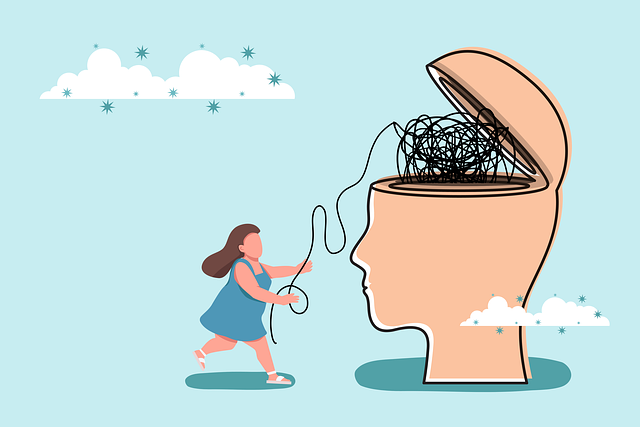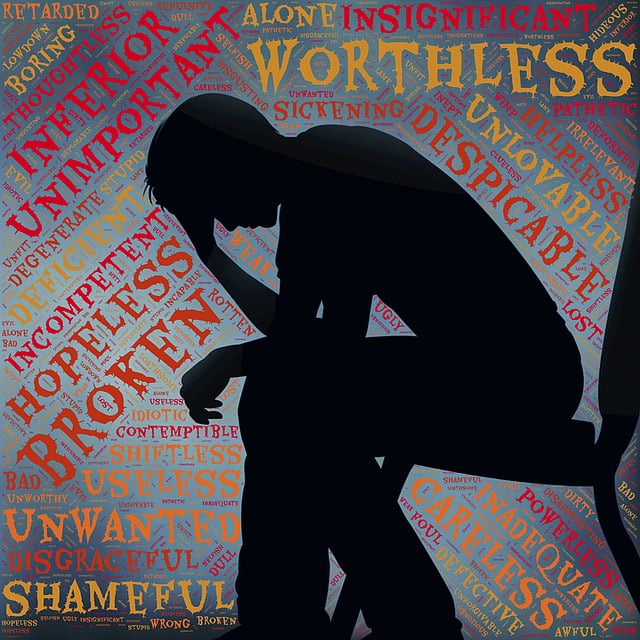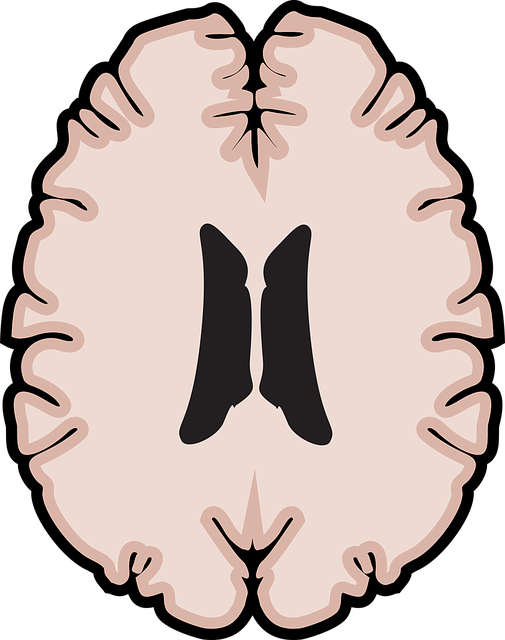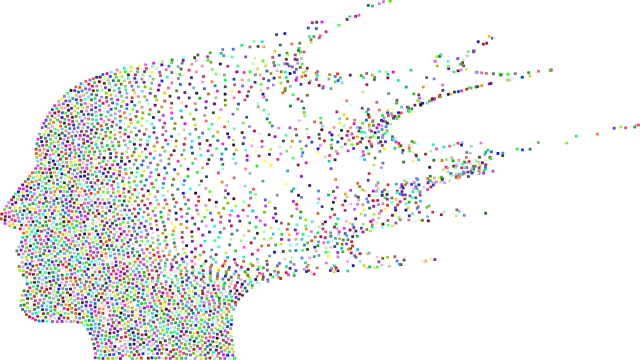Mental health education, including specialized programs like Castle Rock Codependency Therapy (CRCT), plays a pivotal role in tackling codependency issues by fostering empathy and breaking down stigma. CRCT addresses complex emotional dependencies rooted in childhood experiences or societal conditioning through individual and group therapy. A structured curriculum incorporating case studies, real-life scenarios, and trauma support equips individuals with tools for recovery. By integrating crisis intervention guidance, communication strategies, and emotional well-being promotion, CRCT creates a nurturing environment facilitating positive mental health journeys. Continuous improvement is driven by participant feedback and evaluation of program impact.
“Unveiling the complexities of mental health is an essential step towards fostering well-being. This article explores a comprehensive program design for addressing mental health concerns, with a unique focus on Castle Rock Codependency Therapy. We delve into breaking down stigma and promoting awareness, understanding codependency’s symptoms and causes, and its profound impact on individuals and relationships. Furthermore, we offer insights on structuring educational sessions, implementing successful strategies, and ensuring continuous improvement, aiming to create lasting positive change.”
- Understanding Mental Health: Breaking Down Stigma and Promoting Awareness
- Identifying Codependency: Symptoms, Causes, and Its Impact on Individuals and Relationships (with a focus on Castle Rock Codependency Therapy)
- Program Structure: Designing Effective Educational Sessions for Lasting Change
- Implementation and Support: Strategies for Success and Continuous Improvement
Understanding Mental Health: Breaking Down Stigma and Promoting Awareness

Mental health is a fundamental aspect of overall well-being, encompassing our emotional, psychological, and social state. Unfortunately, it’s often surrounded by misconceptions and stigma, hindering individuals from seeking necessary support. The first step in creating an effective mental health education program is to break down these barriers and foster understanding. By defining mental health as a spectrum, encompassing both positive and challenging experiences, we can encourage empathy and reduce the judgment that often prevents people from opening up.
Education plays a pivotal role in promoting compassion and empathy, essential components for supporting those facing mental health issues. Implementing programs that teach about different conditions, symptoms, and recovery pathways can help dispel myths. Encouraging open conversations around mental health fosters an environment where individuals feel comfortable discussing their struggles, seeking aid, and offering support to peers. This shift in perception is crucial, especially when addressing codependency issues like those treated at Castle Rock Codependency Therapy, as awareness can lead to early intervention and better outcomes.
Identifying Codependency: Symptoms, Causes, and Its Impact on Individuals and Relationships (with a focus on Castle Rock Codependency Therapy)

Codependency is a complex emotional state characterized by an excessive reliance on others for validation and a lack of individual boundaries. It often manifests in unhealthy relationships, where individuals struggle with low self-esteem, people-pleasing behaviors, and difficulty making independent decisions. The Castle Rock Codependency Therapy (CRCT) approach focuses on identifying these patterns and promoting healing through individual and group therapy sessions.
CRCT emphasizes understanding the underlying causes of codependency, which can stem from early childhood experiences, trauma, or societal conditioning. By recognizing symptoms such as intense emotional attachment to others, difficulty setting personal limits, and a constant need for approval, individuals can begin to break free from these destructive patterns. This therapy encourages developing emotional intelligence and cultivating healthy boundaries, ultimately enhancing relationships and overall mental well-being. Additionally, integrating CRCT into Mental Health Policy Analysis and Advocacy efforts can promote community awareness and support systems, while Healthcare Provider Cultural Competency Training ensures professionals are equipped to identify and address codependency effectively.
Program Structure: Designing Effective Educational Sessions for Lasting Change

When designing a mental health education program like Castle Rock Codependency Therapy, it’s crucial to structure educational sessions that foster lasting change. Each session should build upon the previous one, creating a progressive learning curve that addresses the complex nature of mental health issues. Incorporate interactive activities, case studies, and real-life scenarios to ensure participants actively engage with the material, enhancing their understanding and retention.
Effective programs also integrate Trauma Support Services and Crisis Intervention Guidance, providing essential tools for managing acute situations and promoting resilience. By offering a mix of theoretical knowledge and practical skills, participants gain confidence in handling mental health challenges, whether through self-care practices or supporting others. Moreover, Mental Health Policy Analysis and Advocacy should be woven into the curriculum, empowering individuals to navigate systems and advocate for policies that support holistic mental well-being within their communities.
Implementation and Support: Strategies for Success and Continuous Improvement

Implementing a mental health education program requires strategic planning and ongoing support to ensure its success and longevity. At Castle Rock Codependency Therapy, we understand that creating a nurturing environment is key. By integrating proven Emotional Well-being Promotion Techniques, participants can develop coping mechanisms and build resilience. Regular Communication Strategies serve as a lifeline, fostering open dialogue and encouraging peer support networks.
Moreover, providing accessible Crisis Intervention Guidance is vital for addressing immediate needs. Our programs offer a comprehensive approach, combining educational workshops with practical tools, allowing individuals to navigate their mental health journeys effectively. Continuous improvement is fostered through participant feedback loops and regular evaluation of program impact, ensuring that the initiatives remain relevant and beneficial.
Mental health education programs, through strategic session design and inclusive strategies, can effectively combat stigma, promote awareness, and facilitate lasting change. By integrating approaches like Castle Rock Codependency Therapy, these programs not only equip individuals with knowledge but also foster healthier relationships and improved well-being. Continuous improvement through implementation support ensures that such initiatives remain relevant and impactful in addressing mental health challenges within our communities.














